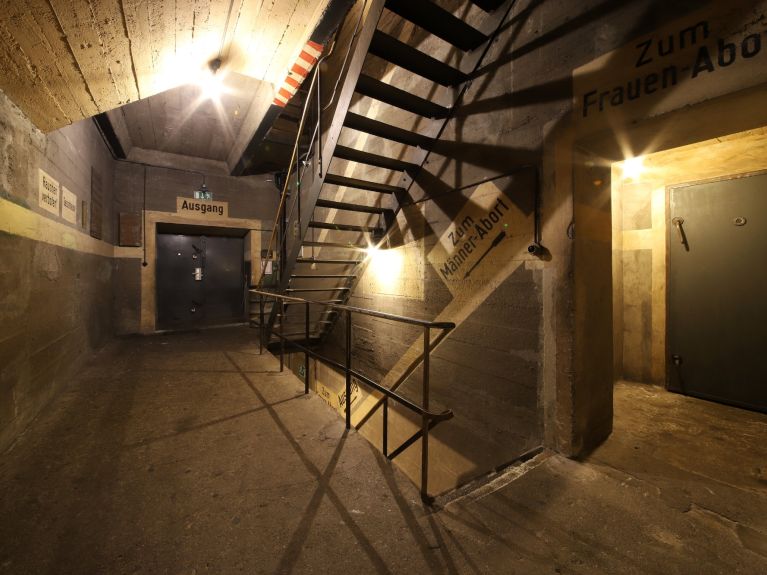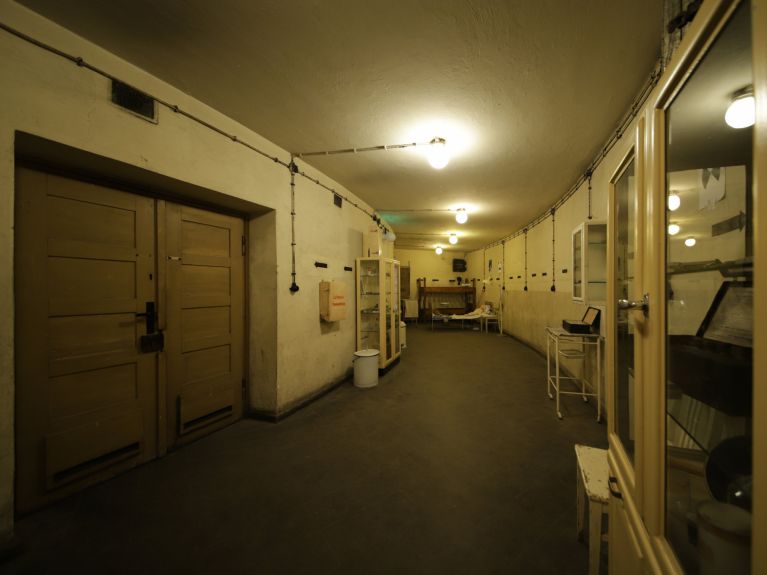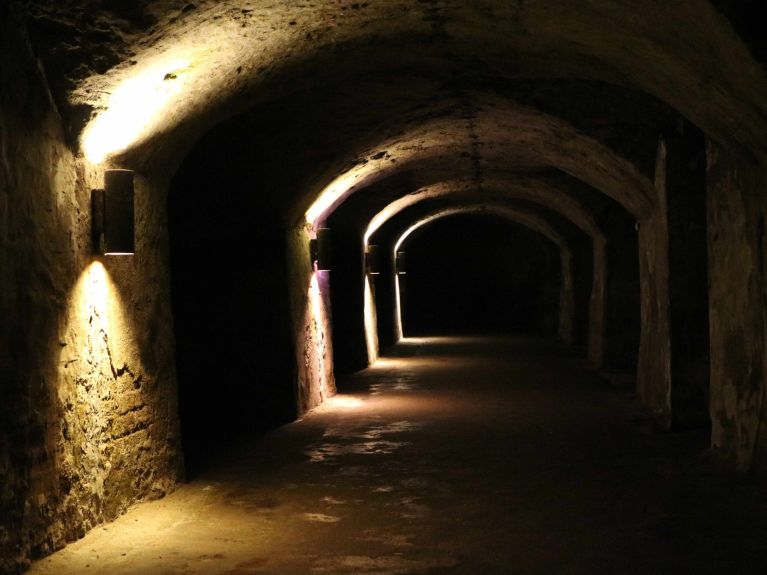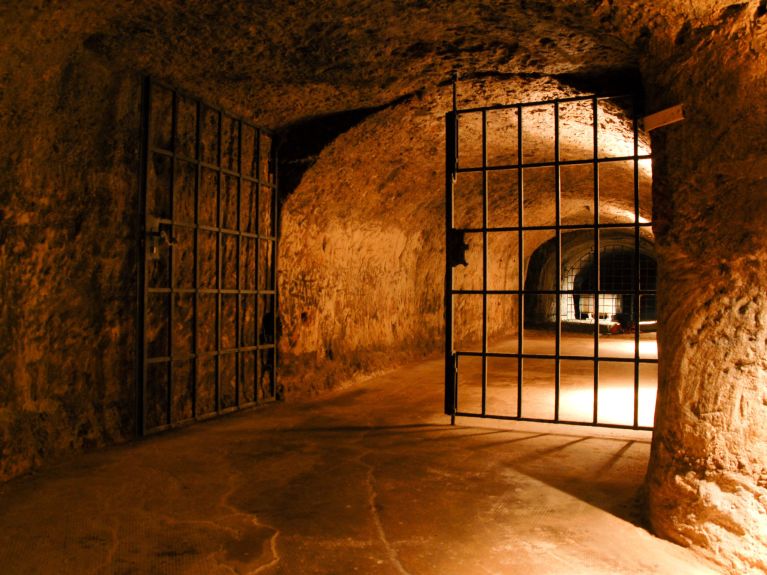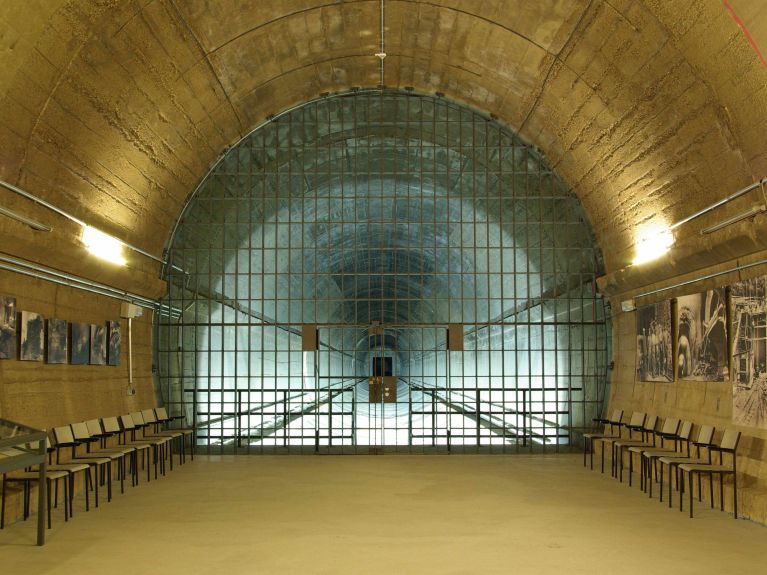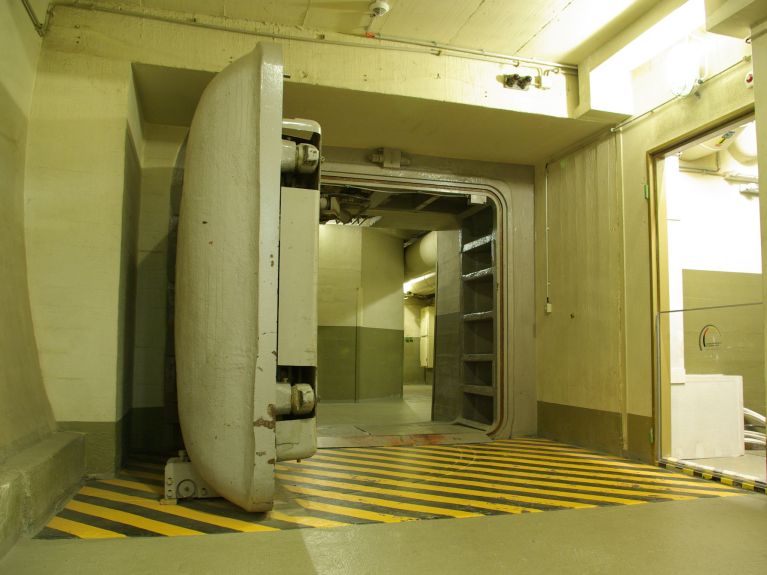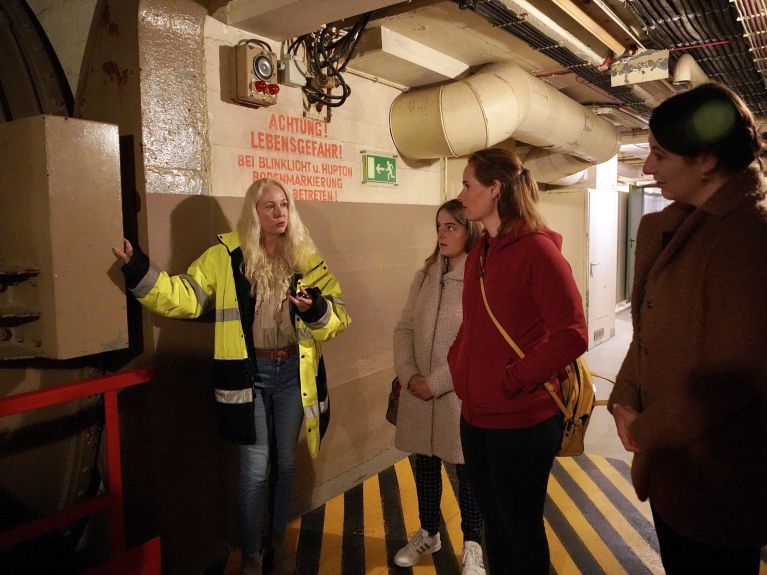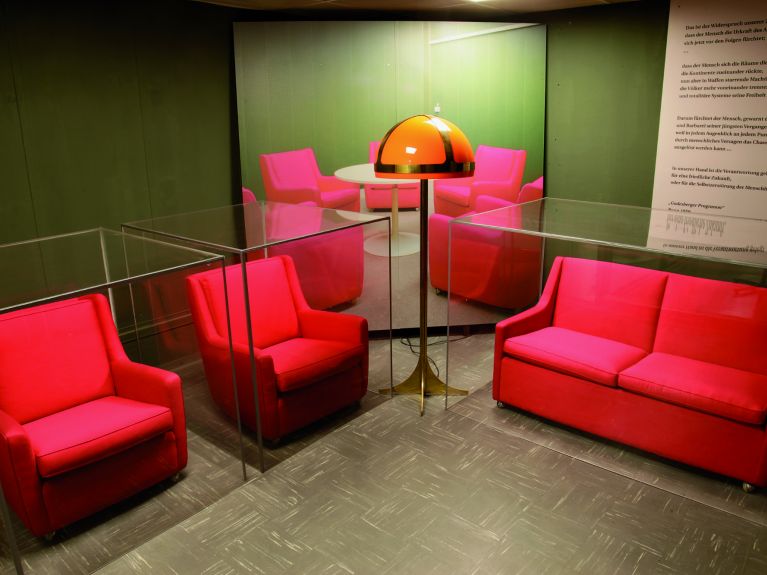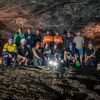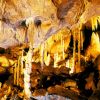Underground journey through time
The Brandenburg Gate and Neuschwanstein Castle are internationally recognised. But Germany has a lot more to offer – underground.
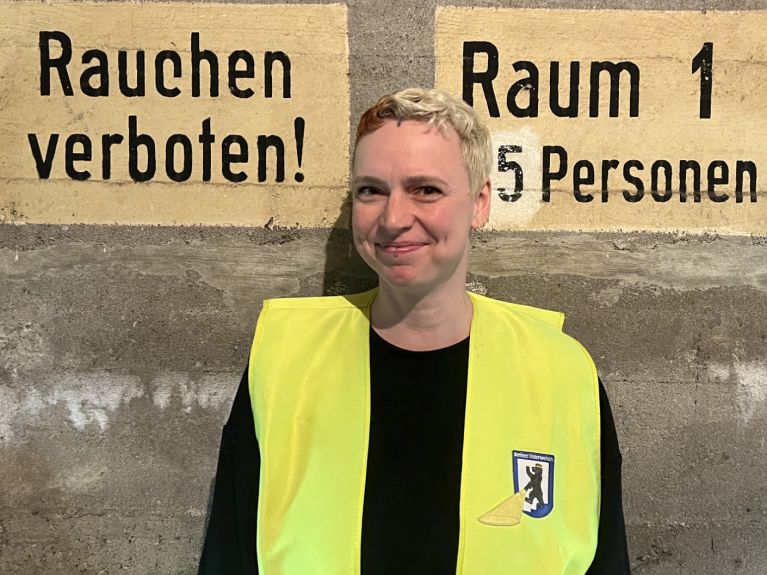
Berlin underworlds: an excursion into history
Berlin is rich in history, above and below ground level. Berliner Unterwelten e.V. (the Berlin Underworlds Association) shows visitors what lies beneath the earth: abandoned bunkers, labyrinthine tunnel systems, dark passageways. Aranka Haneke guides groups through Berlin’s underground world. One of the highlights is the bunkers at Gesundbrunnen underground railway station: “Here you get a very good impression of what it must have been like during air raids in the Second World War.”
Richard Selke is passionate about guiding visitors through the facility: “What we’re dealing with here is an essential staple food for the Franconians”, he says with a wink. It can even be tasted on special tours – the Nuremberg Red Beer (Rotbier). It needs a temperature of between six and ten degrees to mature. This underground facility covering some 25,000 square metres in Nuremberg has created the conditions for maturing and storing it all year round.
The Ahrweiler government bunker: a secret town within the mountain
Hidden underground in the Ahr Valley in Rhineland-Palatinate is a huge nuclear bunker where scenarios for the outbreak of war were rehearsed during the Cold War. This bunker was equipped with everything that 3,000 people would need for 30 days. The intention was that the German government would stay here in the event of war.
Heike Hollunder is museum manager of the government bunker documentation centre and guides visitor groups through the complex. What is important to her is that the documentation centre should be a place of remembrance and stimulate reflection. “It reminds us of the value of peace, freedom and democracy”, Hollunder believes.
